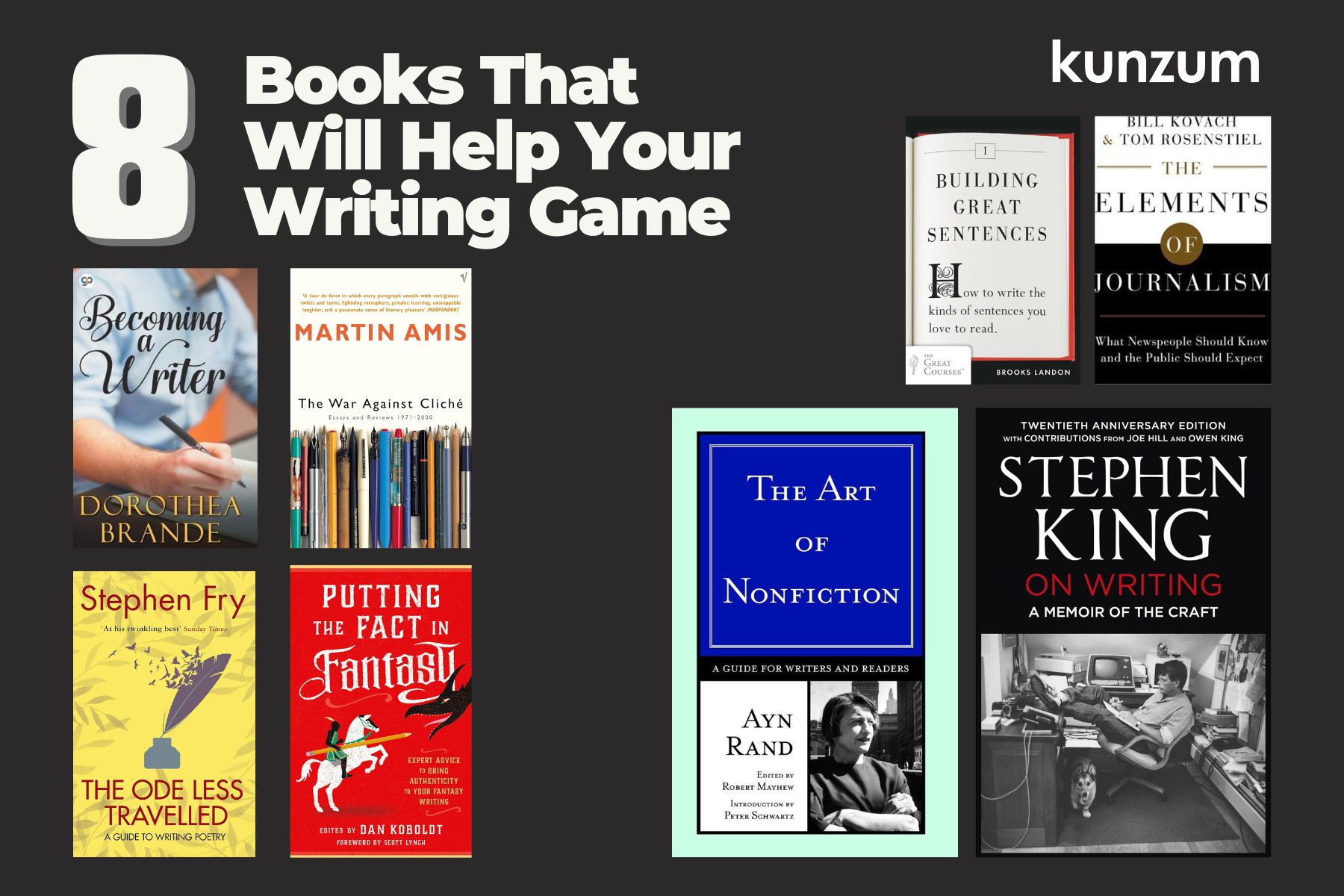
To write is the closest man would come to the all-powerful and egregious act of creation. It is an impulse, volition, and more often than not, a need, that has for centuries stirred some of the greatest minds to create worlds beyond common imagination and everyday language. But to write, one must also read, for the craft requires not only the ability to imagine but also to understand how imagination can be fleshed, and like music, composed. Of the many flagellations one can take on, writing is perhaps the most pleasurable and rewarding. And here to assist you in that journey, we have selected a diverse range of books that would educate, guide and inspire the aspiring writer in you:
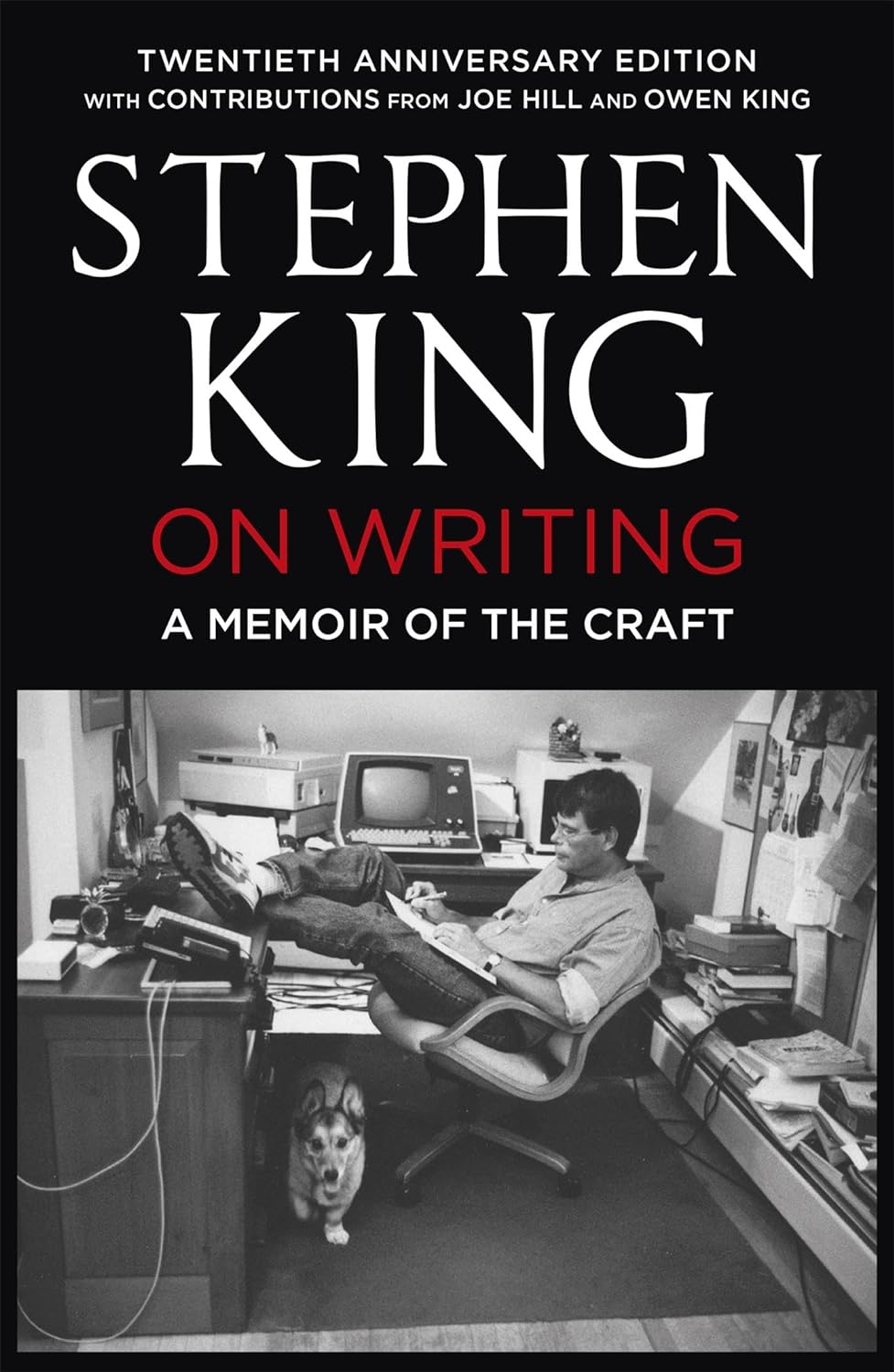
On Writing by Stephen King
Home of quotes like “the road to hell is paved with adverbs”, “to write is human, to edit divine”, and the much dreaded but often true, “kill your darlings”, the holy grail of ‘books on writing books’, Stephen King’s “On Writing” is a classic that can’t not be mentioned. A no-nonsense toolkit, the book and its advice are derived from King’s tumultuous life as well as the ideas that have greatly influenced his career and craft. Writing, for King, is a form of ‘telepathy’, and he is cognisant of that as he writes this guide. From poring over the mechanical facets of language in terms of vocabulary, grammar and style, to offering an uncensored narration of his life as an aspiring and then established author, this “memoir” of the craft is a rich experience for all those who hope to be writers. It is an honest view of what that means and demands.
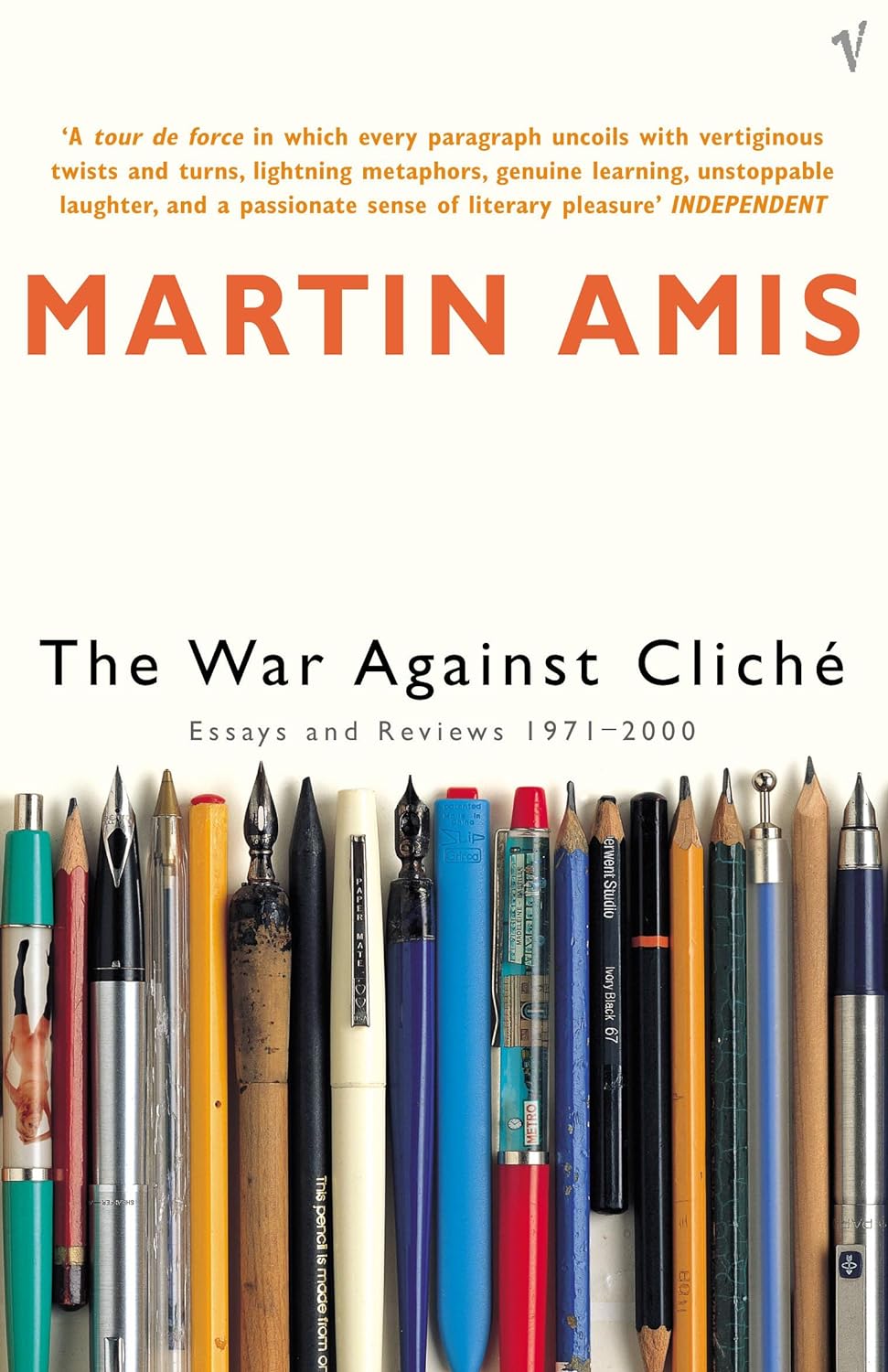
The War Against Cliché by Martin Amis
Titled after his famous essay on Joyce’s “Ulysses”, which he described to be a “campaign against cliches”, “The War Against Cliche” is a collection of selected literary essays and reviews that truly validate Amis’ career as a man of letters and a vocal critic of late capitalist excess. Beyond a text on what it means to write well, it is a meditation on what good writing is. “To idealise: all writing is a campaign against cliche. Not just cliches of the pen but cliches of the mind and cliches of the heart.” In considering a large expanse of literature, Amis dethrones classic authors with bloated careers and celebrates the prodigy of those such as Anthony Burgess and John Updike. He assesses each in impressive detail while keeping an eye on the basic principle: good writing is one without the blemishes of ‘used thinking’, or cliches. This highly entertaining yet decisive collection is a valuable read for all writers hoping to produce inventive and original art that is purged of the stale and formulaic.
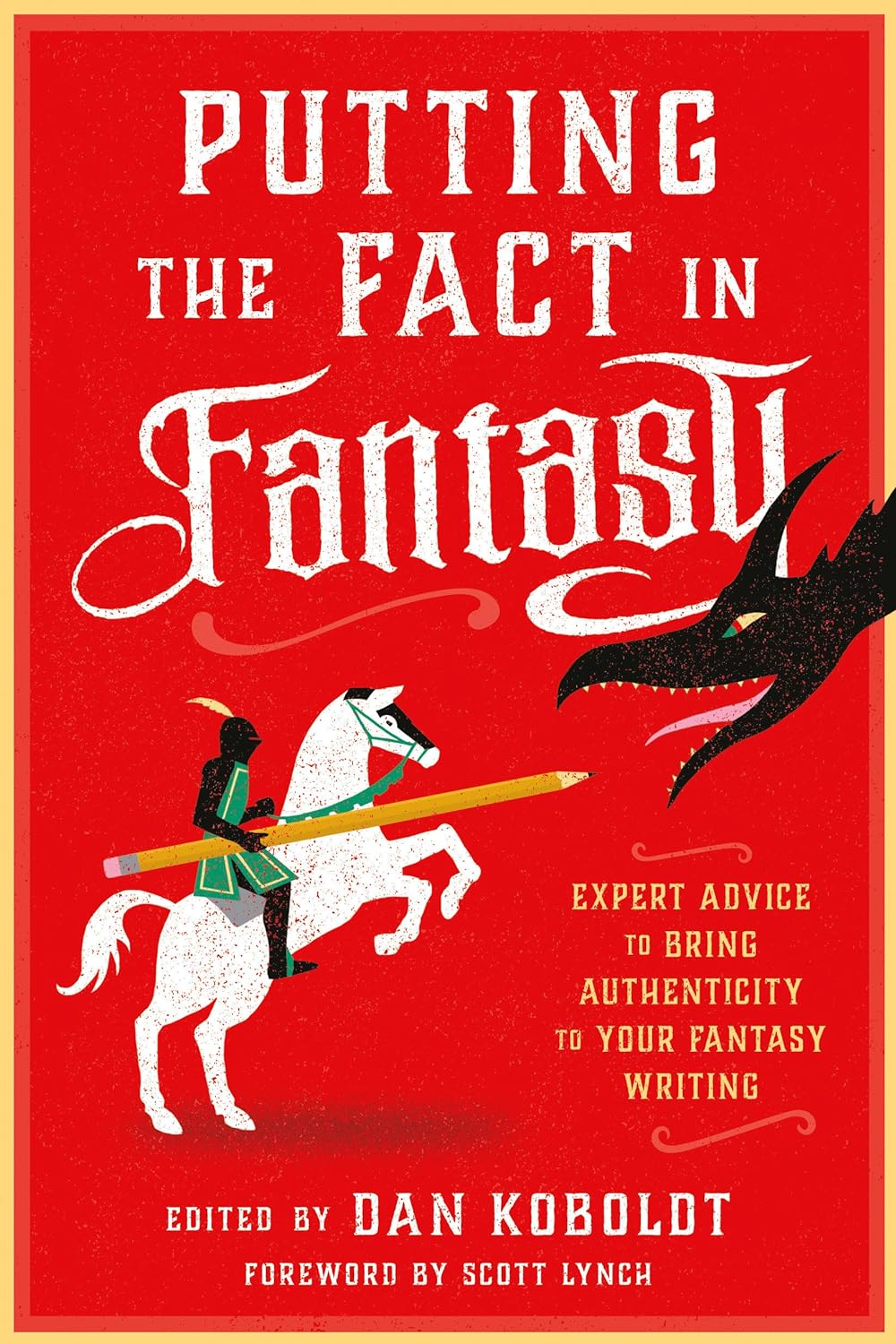
Putting the Fact in Fantasy by Dan Kobolot
Want to build a fantastical world but keep getting stuck on the details? To write fantasy, one must insert a plausible amount of fact and logic, like the real semantic bones that effectively animate Tolkien’s 15 Elvish dialects. Dan Kobolot’s “Putting the Fact in Fantasy”, perhaps as an empathetic gesture towards aspiring fantasy writers, is a collection of essays written by all manner of world experts – from martial artists to historians, linguists, and more, detailing all answers to your probable world-building questions. Want to know what a realistic profession would be for the female protagonist in your medieval Europe fantasy? Or how to foment a rebellion? Or even something as difficult but essential as creating a vibrant culture for the species you just invented? Let this book be your factual writing companion, discover the answers to all your questions, and find greater fantastical possibilities worth considering.
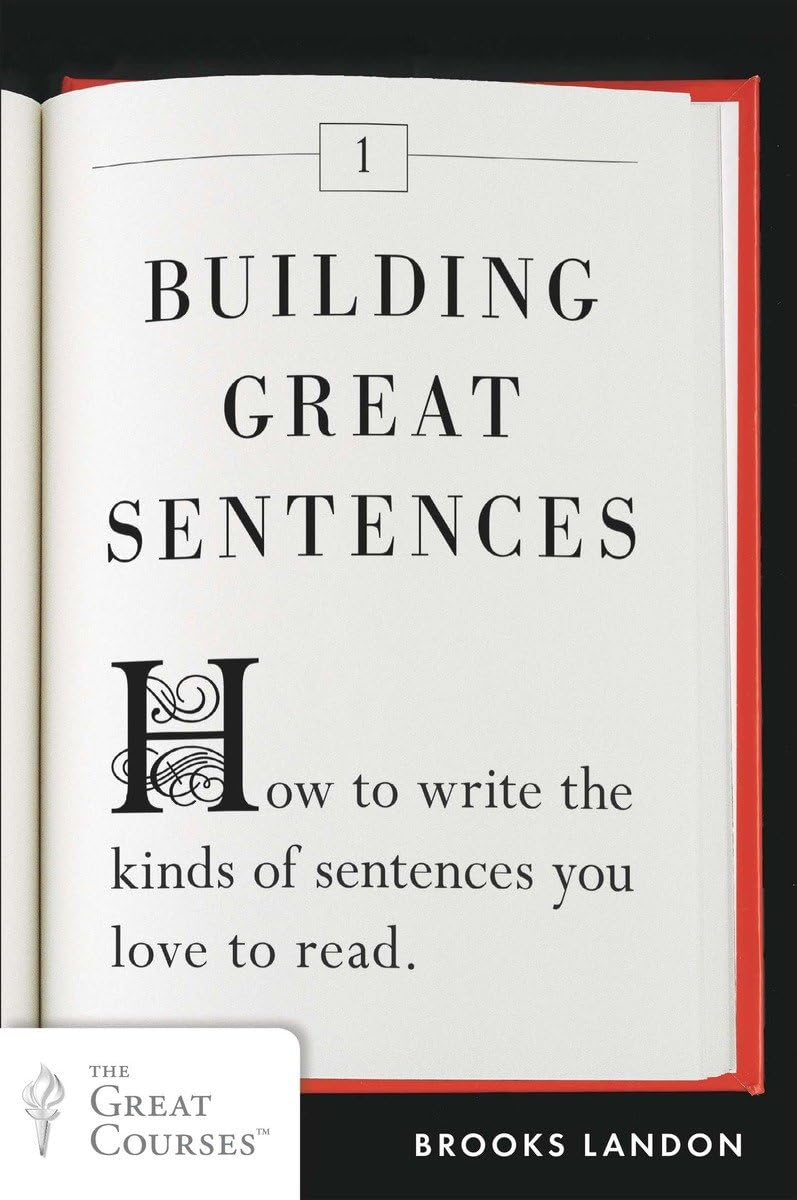
Building Great Sentences by Brooks Landon
To remember great books by even greater sentences is to know the text by the immaculate lines that have carved the author’s voice in stone. But to write that great sentence is an even greater, if not tantamount, pleasure of partaking in the mad potential of language. To revel in language in the shortest space possible, or longest if referring to Faulkner’s 1,288-word line. To exploit the boundaries between the first capital letter and the punctuating period, establish cornerstones and monuments in your textual landscape, and populate pages with glinting gems. Landon’s guide, citing all species of sentence maestros and pioneers, from Didion to DeLilo, is an exhilarating lesson in the architecture of language, the possibility of semantic pyrotechnics, and the sentence’s plasticine ability to contain all manner of emotion and thought.
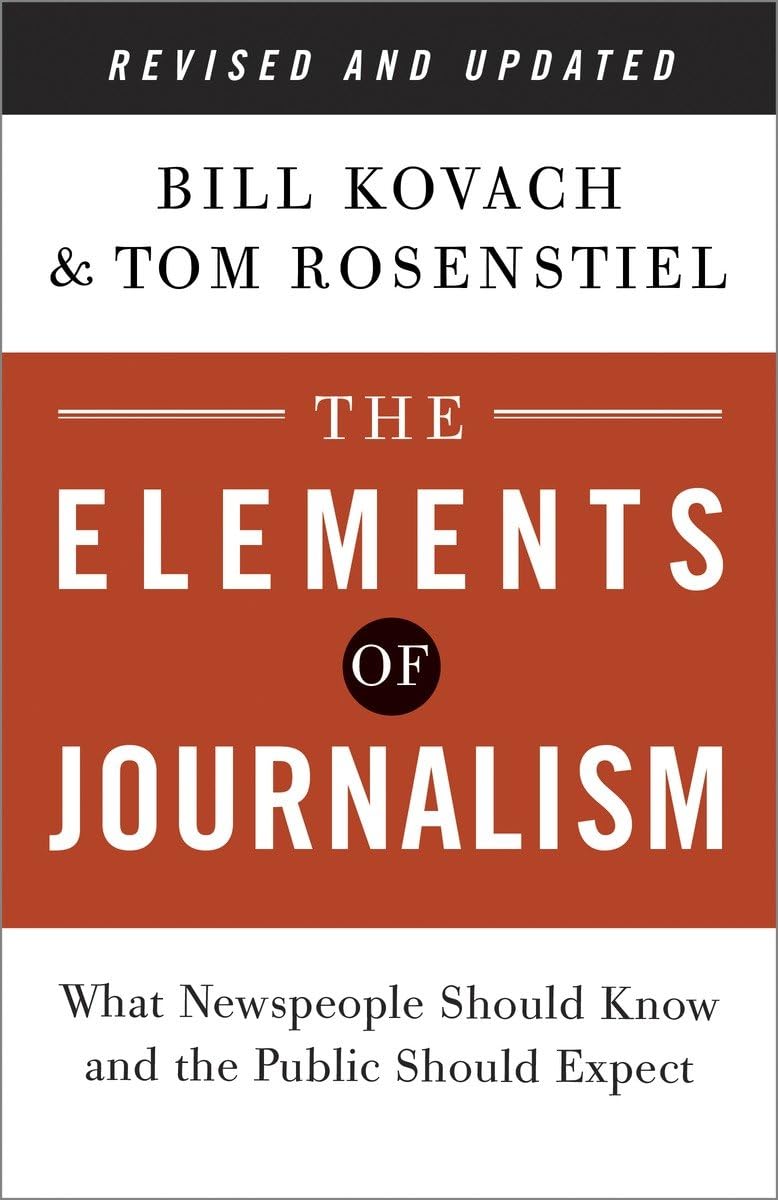
The Elements of Journalism by Bill Kovach and Tom Rosenstiel
Born in the age of the Watergate scandal, one of the most historically prominent eras of ‘fact blending into fiction’, Kovach and Rosenstiel’s “The Elements of Journalism” is an urgent reinstatement of the importance of journalistic principles and ethics. However, the book goes a step further than most that broach the topic– addressing not only those who create news but also those who consume it. Picking up on key issues such as the public’s right to information, modern misconceptions regarding the presumed neutrality, and fairness of the press, and the advent of new media and sponsored news, “The Elements of Journalism” invites all readers to consider the nature of what they consume and take power in the new-age new-found ability to individually and collectively create, improve and revive ‘truly good journalism’.
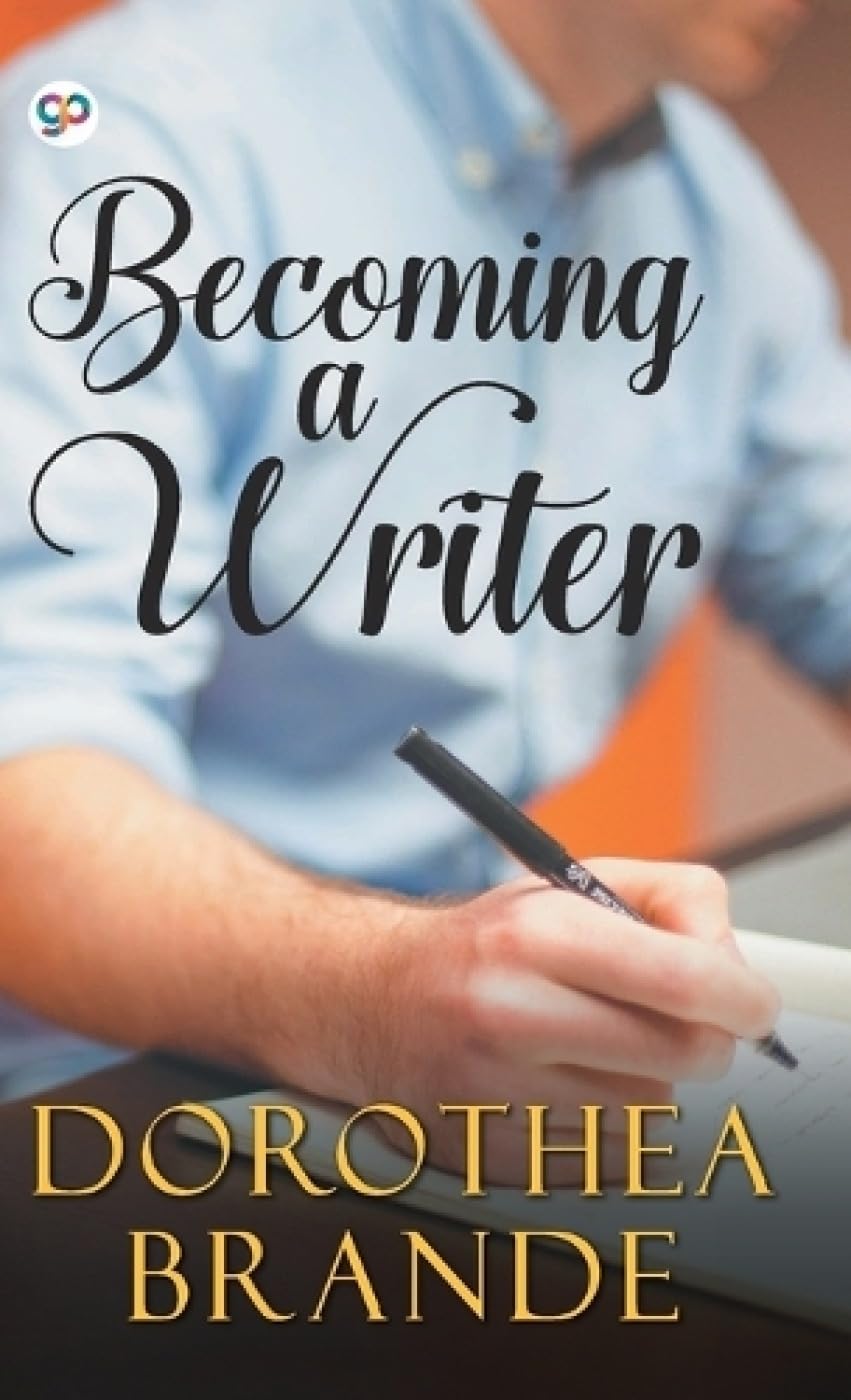
Becoming a Writer by Dorothea Brande
“She is right that genius can be taught (once the secret emptiness of that phrase is understood) because genius is as common as old shoes”, says John Gardner in his introduction to author and creative writing teacher Dorothea Brande’s first handbook on writing. It is written for all types, from the novice, the ‘one book author’, and even the ‘occasional writer’, serving as an honest and compelling guide to anyone who needs a push to start. More than teaching routine, which of course it instructs, the text compels its students to commit to their selves and aspirations wholeheartedly. With an emphasis on psychology, Brande hopes to cultivate an enterprising and disciplined self essential to all who hope to be a writer. If not just a book on writing, it certainly is a workbook on creating a writer’s temperament.
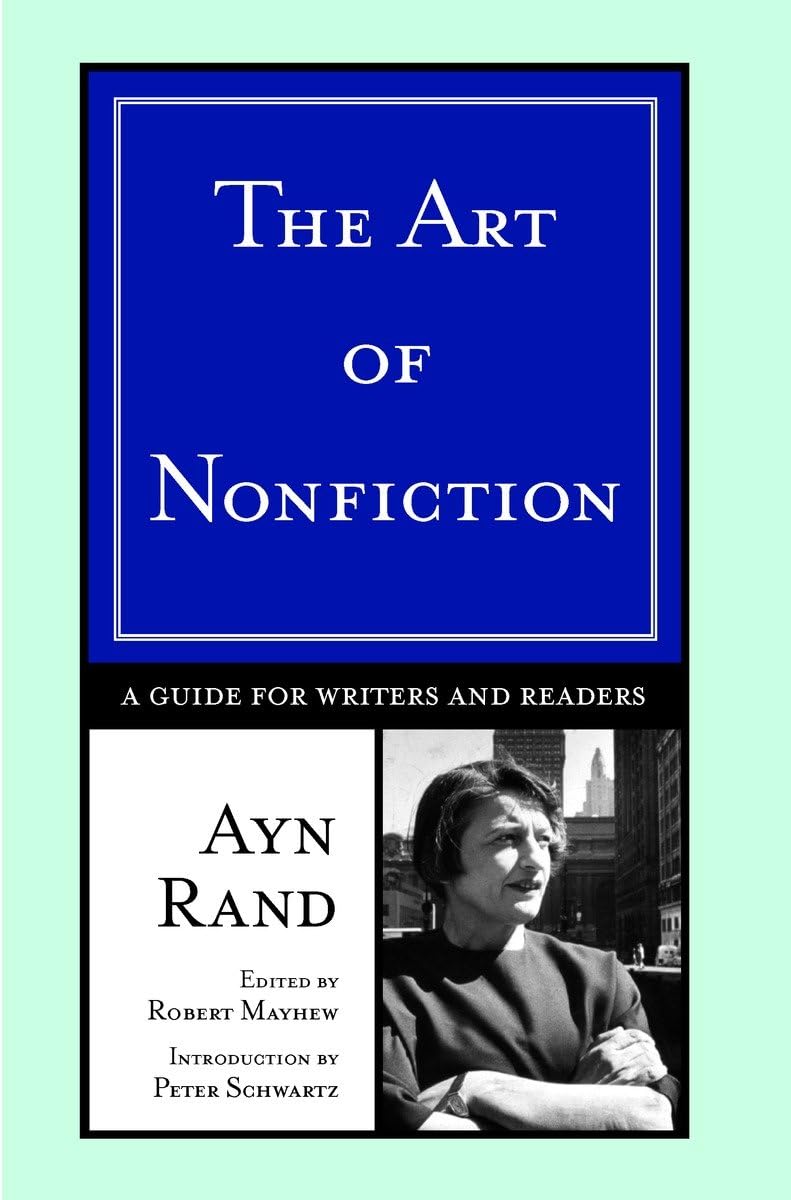
The Art of Non-Fiction by Ayn Rand
Internationally recognised for polemical works of fiction such as “Atlas Shrugged”, “The Anthem” and “The Fountainhead”, it may be somewhat surprising for readers to see Ayn Rand as an additional authority on non-fiction. The Art of Non-Fiction, a compendium of 16 informal lectures intended for a select audience of associates and friends, has Rand talking about the value of concise writing and purposeful editing when crafting effective non-fiction. Often referencing her own work by means of example, the book is a compendium of valuable insights derived from the lectures, containing an exploration of the role of the unconscious and conscious mind in the process of writing, a guide to polishing your drafts, and a masterclass in triumphantly finding your voice as an individual author. Capturing the setting within which the lectures were delivered, the book vicariously inducts all readers into Rand’s brilliant proverbial classroom.
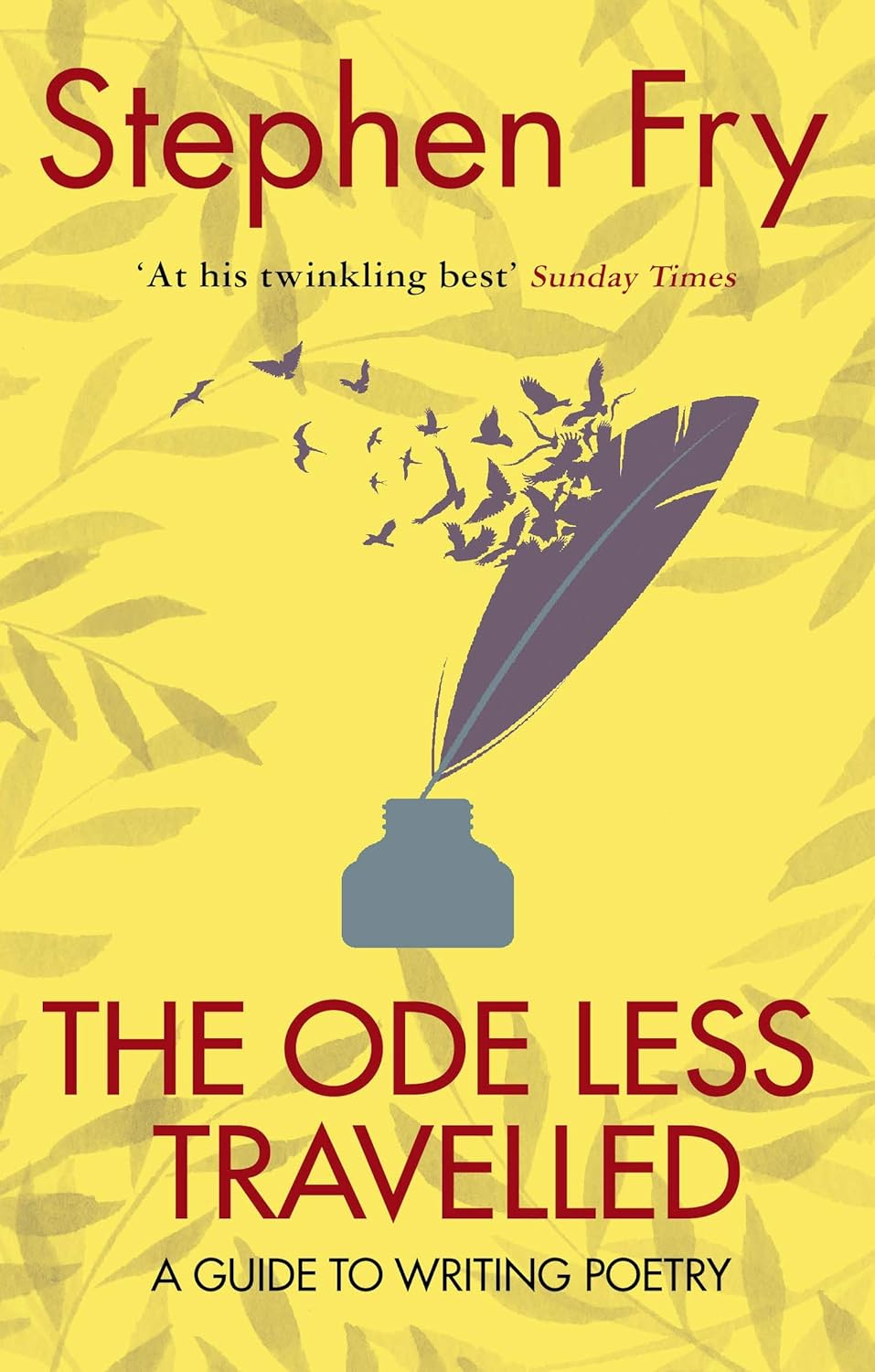
The Ode Less Travelled by Stephen Fry
“I have a dark and dreadful secret. I write poetry”– So begins a smiling Stephen Fry’s essential guide to the art of writing poetry, with a deceptively small sentence that pads nearly 300 pages worth of what appears to be a structured encyclopedia on the subject. It is only expected that when the ever-eloquent Fry writes a book seemingly urging the common folk to gape about the muses, it would be an endearing, intelligent, and expansive meditation that hopes to educate as much as inspire. While built on the age-old and oft-expressed sentiment, that art is an impulse innate to man and wills to be “unlocked”, Fry’s “guide” isn’t simply a plea to write, but rather a detailed explanation of the mechanics of the form which give body to the impulse. The varied species of meter, rhyme, form and diction, and how they can exist, co-exist and complement each other to form beautiful creatures of language and man. “An Ode Less Travelled” is as entertaining as it is helpful.
Pick up a book that will help your writing game from any Kunzum store or WhatsApp at +91.8800200280 to order. Buy the book(s) and the coffee’s on us.
